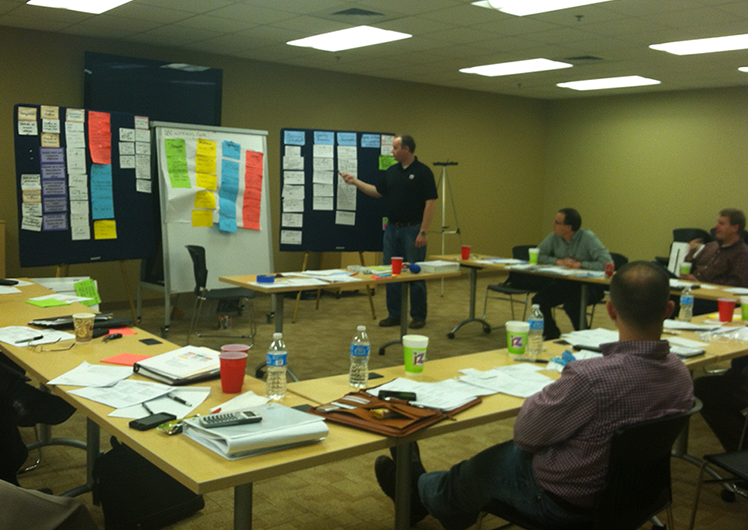Christmas Cheer All Next Year
My wife and I and a few friends have a tradition where we go to the Alabama Theatre in downtown Birmingham every year to watch a classic Christmas movie, like It’s a Wonderful Life, Christmas Vacation, A Christmas Story, etc. This year it was Elf.
 Besides the nostalgia of sitting in this “movie palace” built in 1927 and resurrected in 1998, you get to see original Disney cartoons and sing old Christmas carols before each movie. Singalongs are made even more special by the theatre’s pipe organ, a Wurlitzer Opus 1783. Affectionally known as Big Bertha, it’s played by legendary theatre organist Jesse Crawford as he accompanies each song while 600 kids of all ages belt out the words.
Besides the nostalgia of sitting in this “movie palace” built in 1927 and resurrected in 1998, you get to see original Disney cartoons and sing old Christmas carols before each movie. Singalongs are made even more special by the theatre’s pipe organ, a Wurlitzer Opus 1783. Affectionally known as Big Bertha, it’s played by legendary theatre organist Jesse Crawford as he accompanies each song while 600 kids of all ages belt out the words.
Here is a 30-second video of the ending of the singalong from our trek there last week. (Please forgive the amateur videographer – me). I hope that it will make this time of year a little bit brighter for you and yours.
Journal Entry: Is there an Elf lesson that might be good for you to you think about more in your leadership and life?
To learn more about the Alabama Theatre, visit alabamatheatre.com.
I just like to smile! Smiling is my favorite. Just smile.
Actually, I am a human, but I was raised by elves. Share who you really are.
Deb, you have such a pretty face you should be on a Christmas card. Compliment more often.
Papa says my real father lives in a magical place far away … But the thing is, I’ve never left the North Pole. Take some risks.
I passed through the seven levels of the Candy Cane Forest, through the sea of swirly twirly gum drops, and then I walked through the Lincoln Tunnel. Never give up.
If you can sing alone, you can sing in front of other people. There is no difference. Be courageous.
Good news! I saw a big dog today. Look for little things to be happy about.
Does somebody need a hug? Be more present with people.
First we’ll make snow angels for two hours, then we’ll go ice-skating, then we will eat a whole roll of Toll House cookie dough as fast as we can, and then we’ll snuggle. Do what you love.
The best way to spread Christmas cheer is to sing loud for all to hear. Step up and make a difference.



